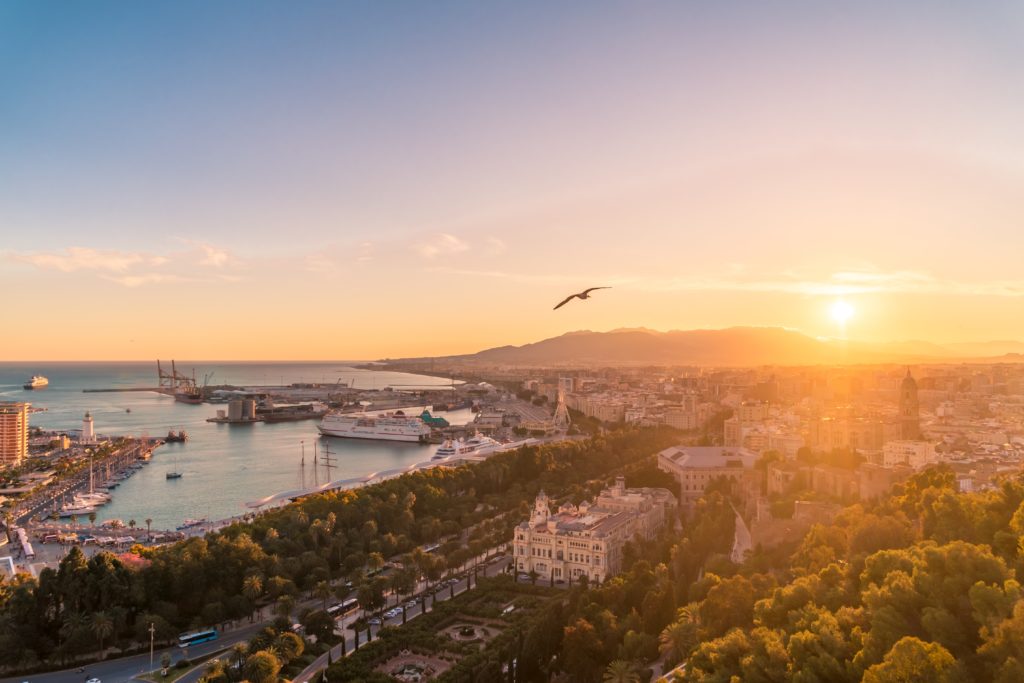Based on the most recent statistics provided by the Spanish administration, there are 5.6 million foreign citizens who are part of the migrant population in Spain. A lifestyle here is more alluring than ever after the coronavirus epidemic throughout the globe, and that figure is expected to rise given all it has to provide, from the pleasant weather to the laid-back style of living. There are a few crucial things you should know before relocating if you’re considering living here as an emigrant: life is not always all sunny, sandy, and booze.

Varying timeframes
It’s time to break your habit of having lunch at 12 or 6 o’clock. If you want to blend in, you’ll need to get used to the fact that meals are frequently served later in Spain. Not only that, but its working hours are also a little later than those of other European nations.
Additionally, it does not adhere to the conventional 9–5 workday. In the country, a typical workday would start at 8:30 or 9 am and go until 8 pm, with a long lunch break in the middle.
Beauracracy
Spanish red tape is renowned worldwide when it comes to documentation. Once you reach it, you will need to file for a variety of documents as an expatriate, including an NIE and your address, and several other things.
The government is quite stern about documentation and is highly sophisticated. Therefore, before relocating, make sure you have all of the papers you think you could require, including both originals and a few copies. You will also need to complete a lot of paperwork if you want to purchase a home in Spain.
Spanish living expenses
The country typically has much cheaper daily expenses than several other western European nations. Even though staying in Spain is frequently described as being “cheap,” take into account that wages also frequently tend to be significantly lesser. The living cost varies across the nation, as is to be expected.
It has 123% lower living expenses than the USA in general. Housing, amenities, food, childcare, and medical insurance are the items with the highest price variations.
August is a non-productive month
August is a month where little to no work gets done. Avoid trying to lease or buy a property, make home improvements, install a new kitchenette, or do anything else that could be regarded as somewhat constructive in August. The majority of Spain’s major cities experience massive exodus to the shoreline during the summertime, especially in August. So most of the local shops and state offices stay open for a very short period of time-mostly only in the morning.
Real estate conditions
It’s crucial to obtain expert assistance, at least to guide you over the Spanish maze of documentation, as purchasing and leasing a house in Spain won’t be identical to what it is in your homeland. Understanding the terms of renting and purchasing is necessary to avoid future legal issues. If you intend to purchase real estate in Spain, you should also take into account the loan rates, levies, and provisions for expatriates.
The mythical siesta
One of the major clichés of Spain is the well-known siesta. Siestas are a distant memory and originated from the assertion that rural employees would take a nap for a few hours in the p.m. to escape the intense Spanish heat. So, delete all your fantasies of being able to take a nap every day, as they are no longer practiced. Despite this, locals do like a good nap on the weekends after a large family lunch.
Lastly, the people
The majority of Spanish folks are very amiable, and you may even make friends quite early. But if you want to be able to properly adapt to your new residence, there are certainly more aspects about locals that you should be aware of. Since things are typically done and expressed bluntly here, chit-chat and polite conversation do not flow well here. The ambiance in a Spanish pub will be quite different, and you might have to yell to be heard because Spanish talks are much louder than those in other nations.



